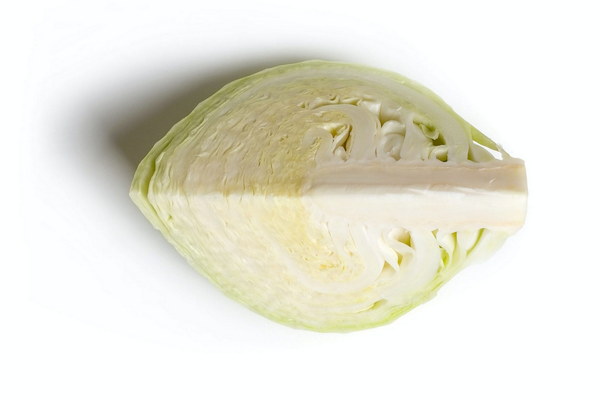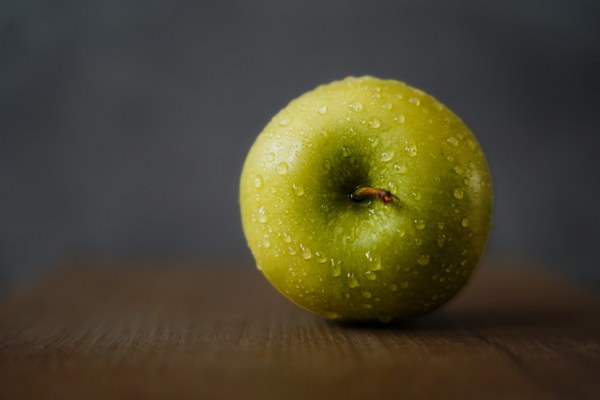The Surprising Side Effect of Traditional Chinese Herbs for Dampness Relief Frequent Bowel Movements
In the realm of traditional Chinese medicine, there exists a wide array of herbal remedies aimed at treating various ailments, including dampness. One such herbal concoction has garnered attention for its somewhat unexpected side effect: frequent bowel movements. This article delves into the reasons behind this phenomenon and explores the potential benefits and drawbacks of this unique side effect.
Traditional Chinese medicine (TCM) posits that dampness is a common pathological condition, characterized by an accumulation of dampness in the body, which can lead to a range of symptoms such as fatigue, bloating, and weight gain. To combat this, TCM practitioners often prescribe herbal formulas containing natural ingredients that help expel dampness and restore balance.
One of the most popular herbs used for dampness relief is called Fu Ling or Poria, which is known for its ability to drain dampness and promote urination. However, many individuals who have tried this herbal remedy report experiencing an increase in bowel movements soon after consumption. This unexpected side effect has sparked curiosity and debate among both practitioners and patients.
The reasons behind this phenomenon are multifaceted. First, the ingredients in dampness-relieving herbs, such as Fu Ling, are believed to have a diuretic effect on the body. This means they can help increase urine production, which in turn may lead to a decrease in fluid retention. As the body releases excess fluid, it may also prompt more frequent bowel movements.
Second, some of the herbs used in dampness-relieving formulas, such as Astragalus and Pueraria, contain compounds that can stimulate the digestive system. This stimulation may result in increased bowel movements, especially if the patient already has a sensitive digestive system.

While frequent bowel movements can be an inconvenience for some, it is important to consider the potential benefits of this side effect. For those suffering from constipation or bloating due to dampness, the increased bowel movements can help alleviate these symptoms and improve overall digestive health.
Moreover, the act of expelling dampness through bowel movements is a natural process that can contribute to a healthier body. As the body rids itself of dampness, it may also eliminate other toxins and waste products, leading to improved energy levels and a more balanced state of health.
However, it is crucial to note that not everyone will experience this side effect, and the intensity of the reaction can vary from person to person. Additionally, for those who are sensitive to herbs or have underlying health conditions, this side effect could pose a risk.
Before starting a dampness-relieving herbal regimen, it is advisable to consult with a qualified TCM practitioner. They can assess your individual condition and recommend an appropriate treatment plan that takes into account your specific needs and any potential side effects.
In conclusion, while the side effect of frequent bowel movements may seem daunting at first, it is an important aspect of traditional Chinese medicine's approach to treating dampness. By understanding the underlying mechanisms and potential benefits, individuals can make informed decisions about incorporating dampness-relieving herbs into their wellness routine. As with any herbal treatment, it is crucial to prioritize safety and consult with a healthcare professional before beginning any new regimen.









